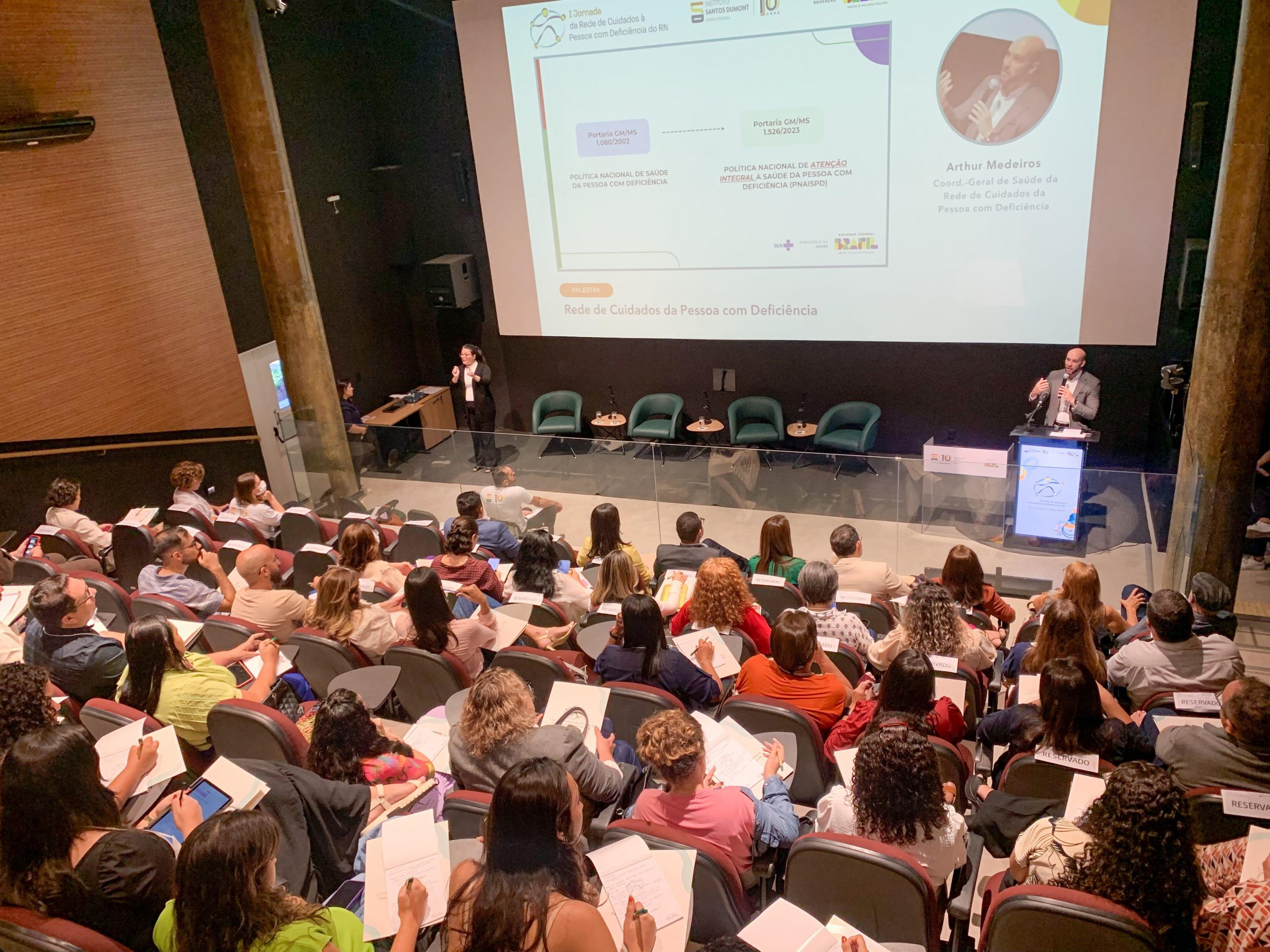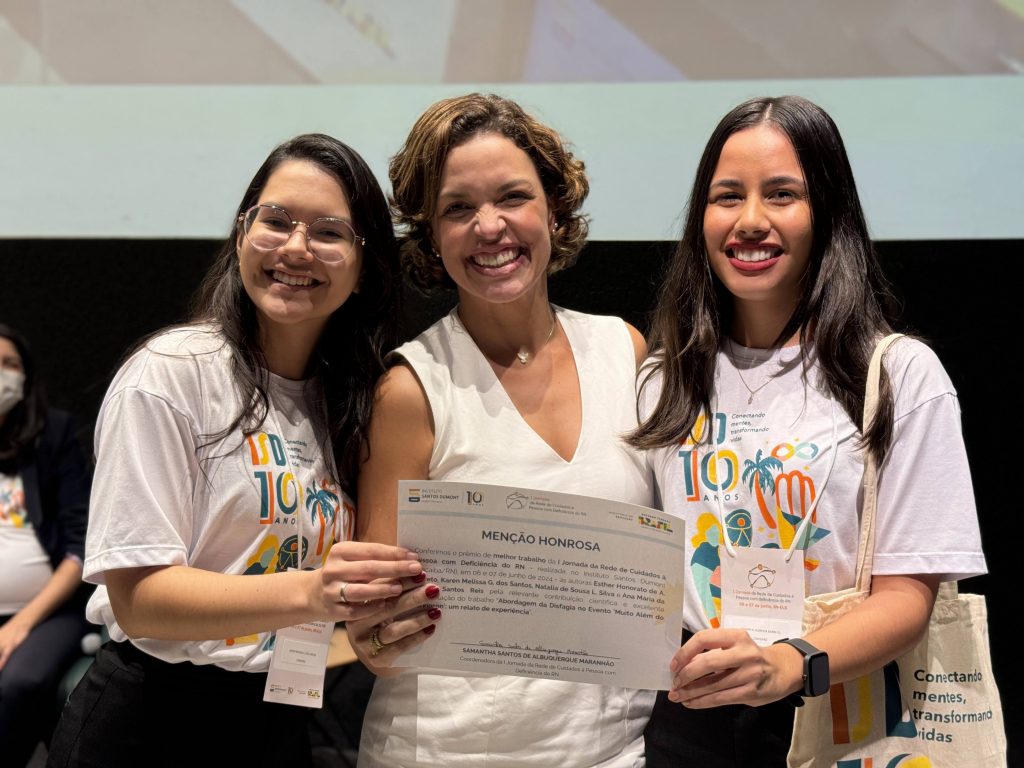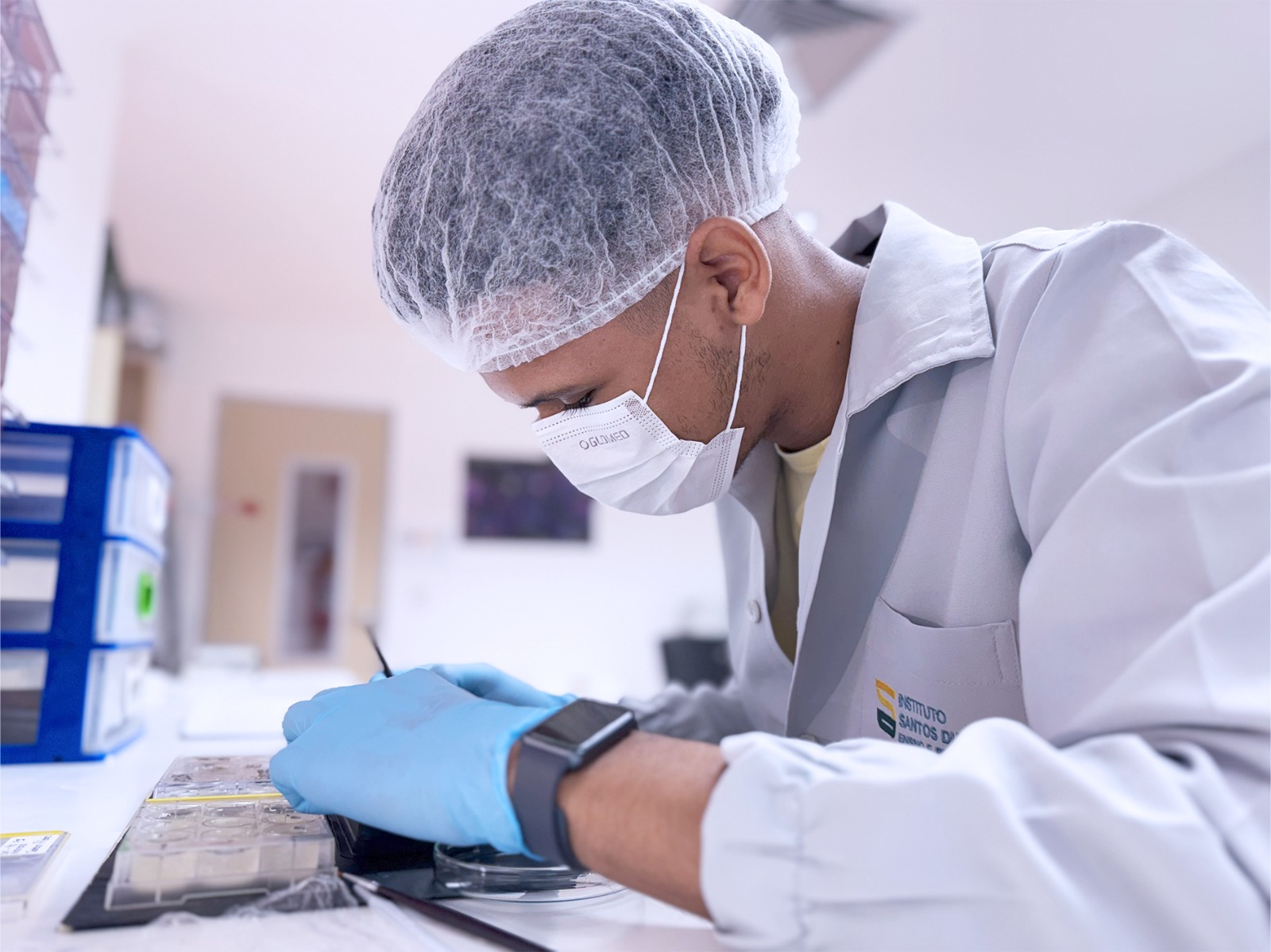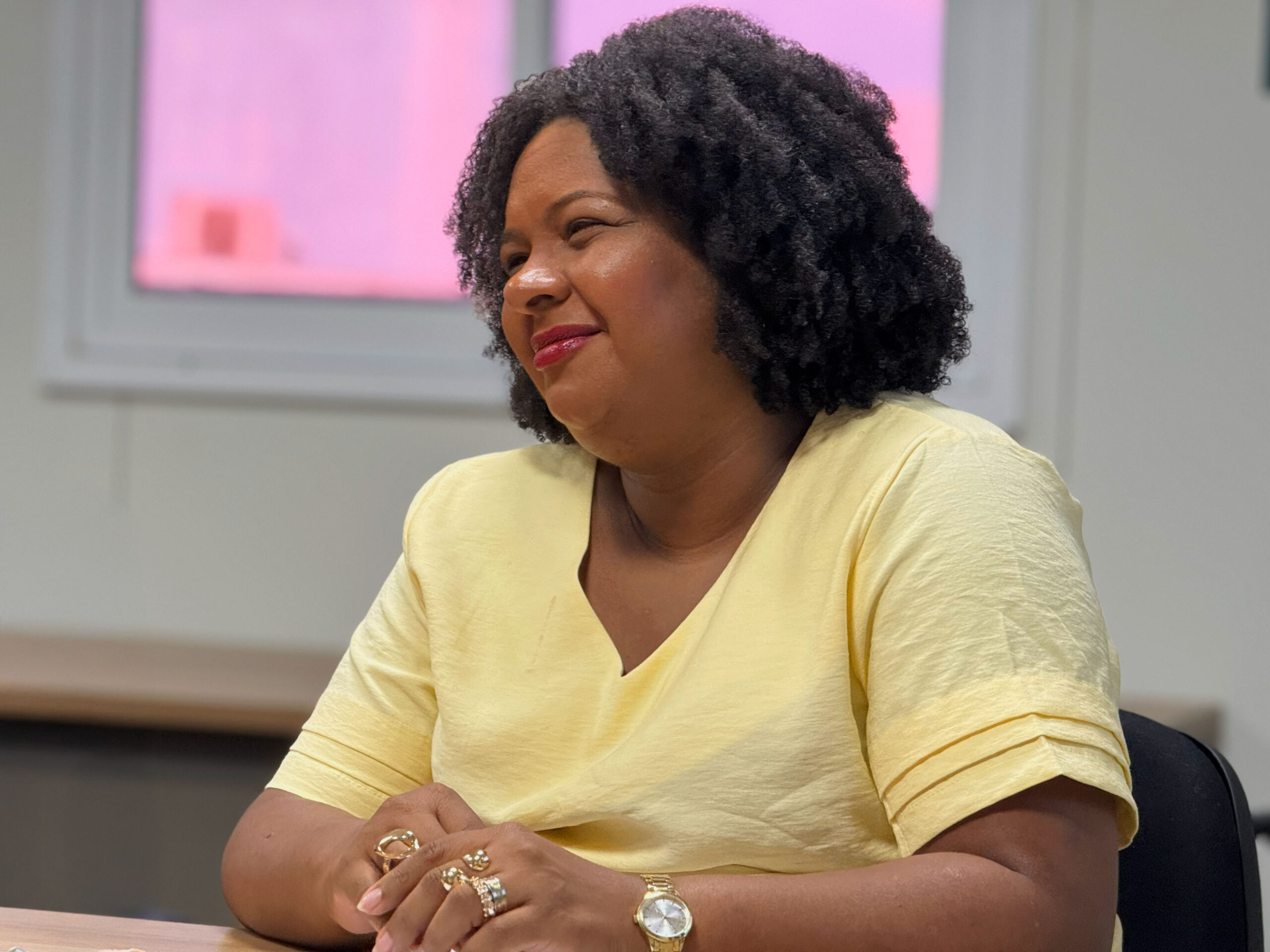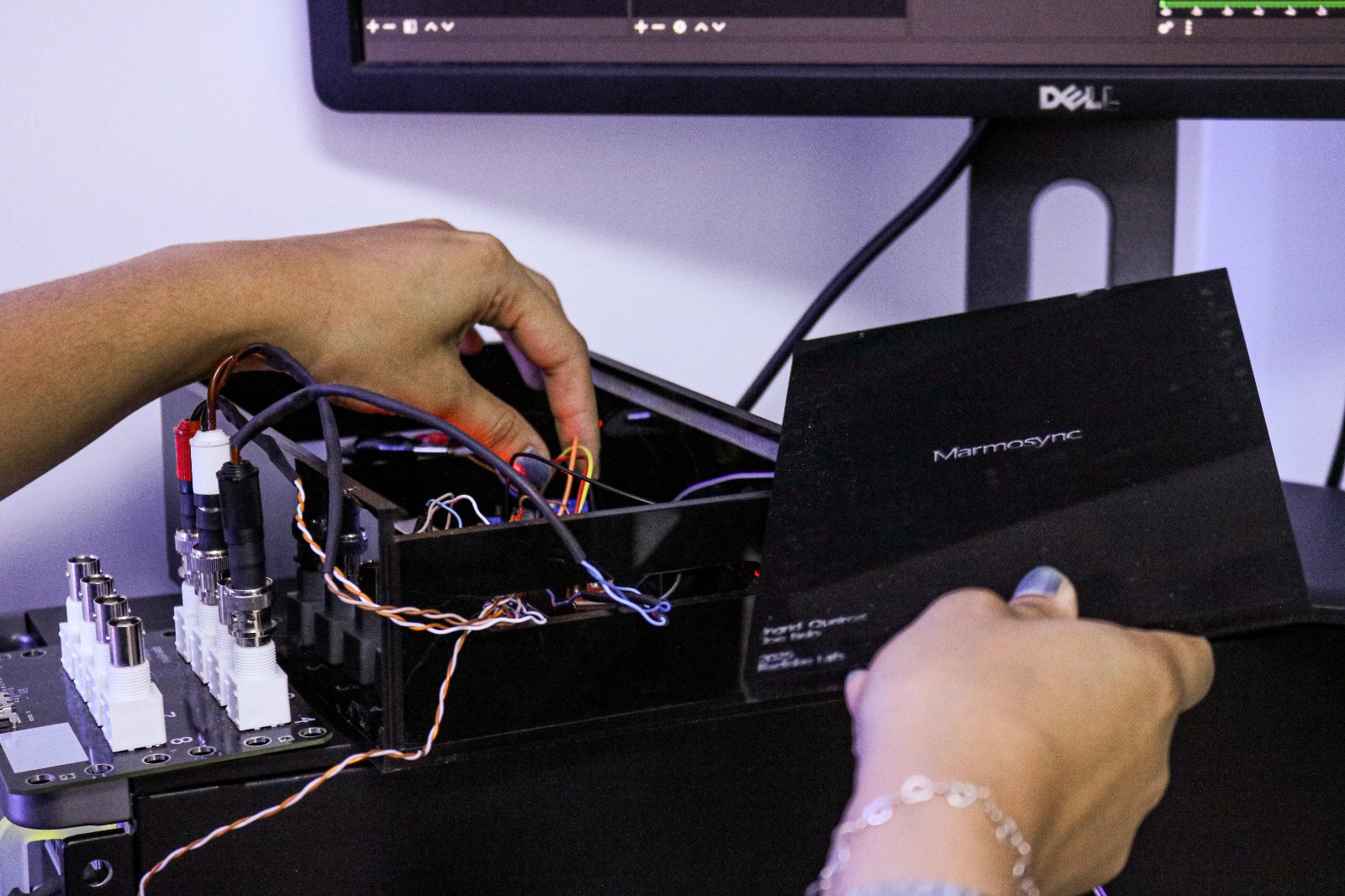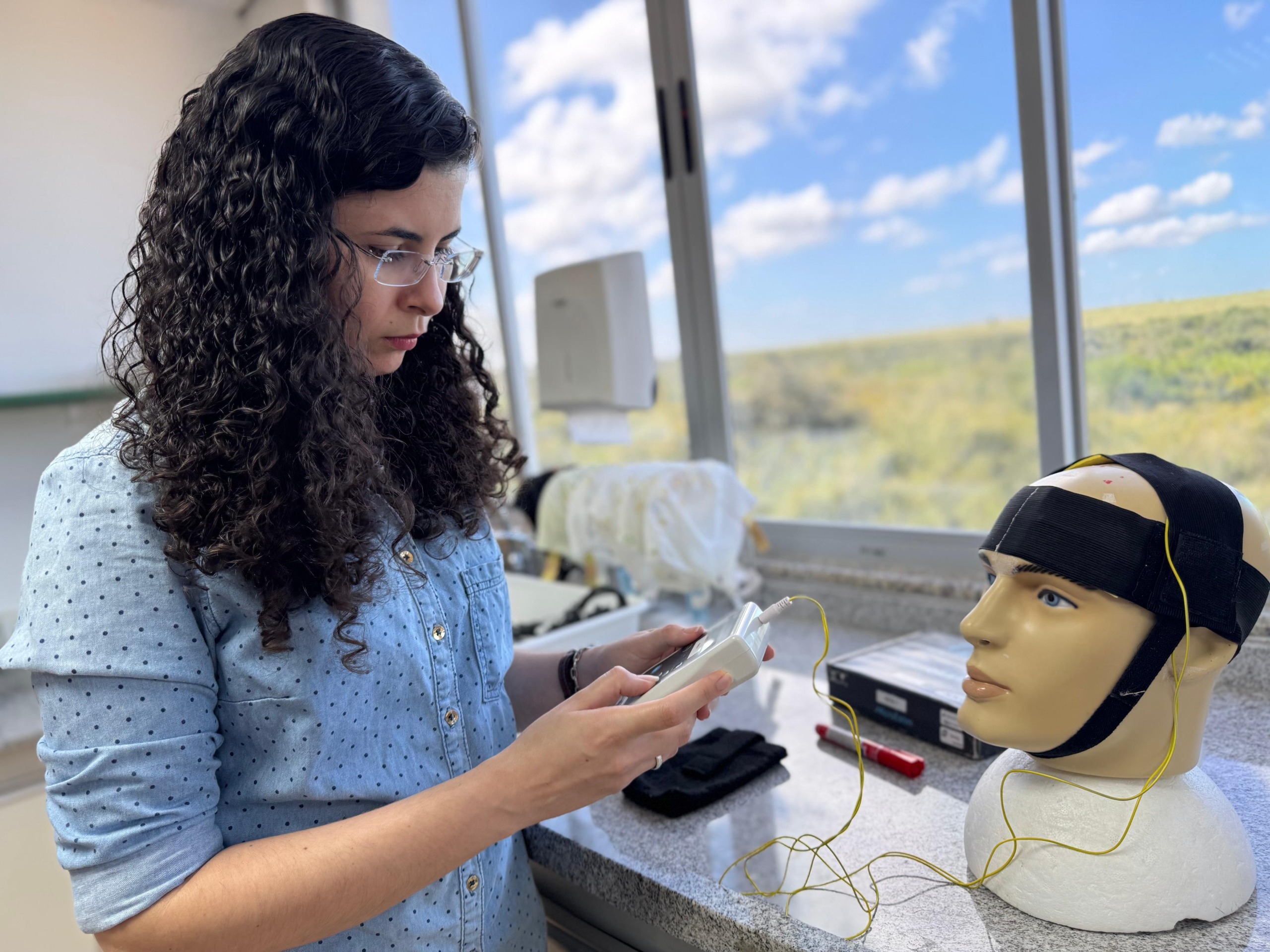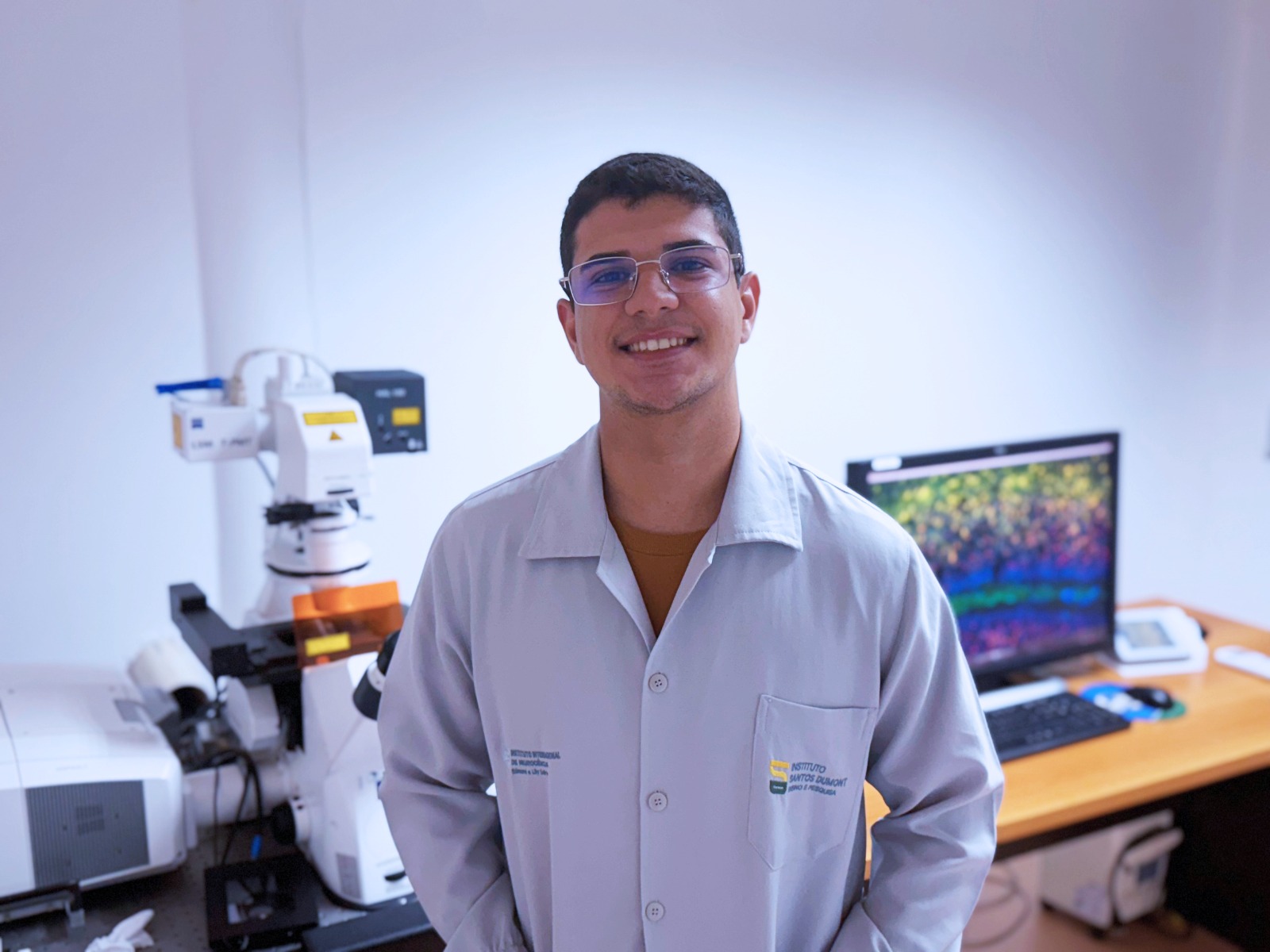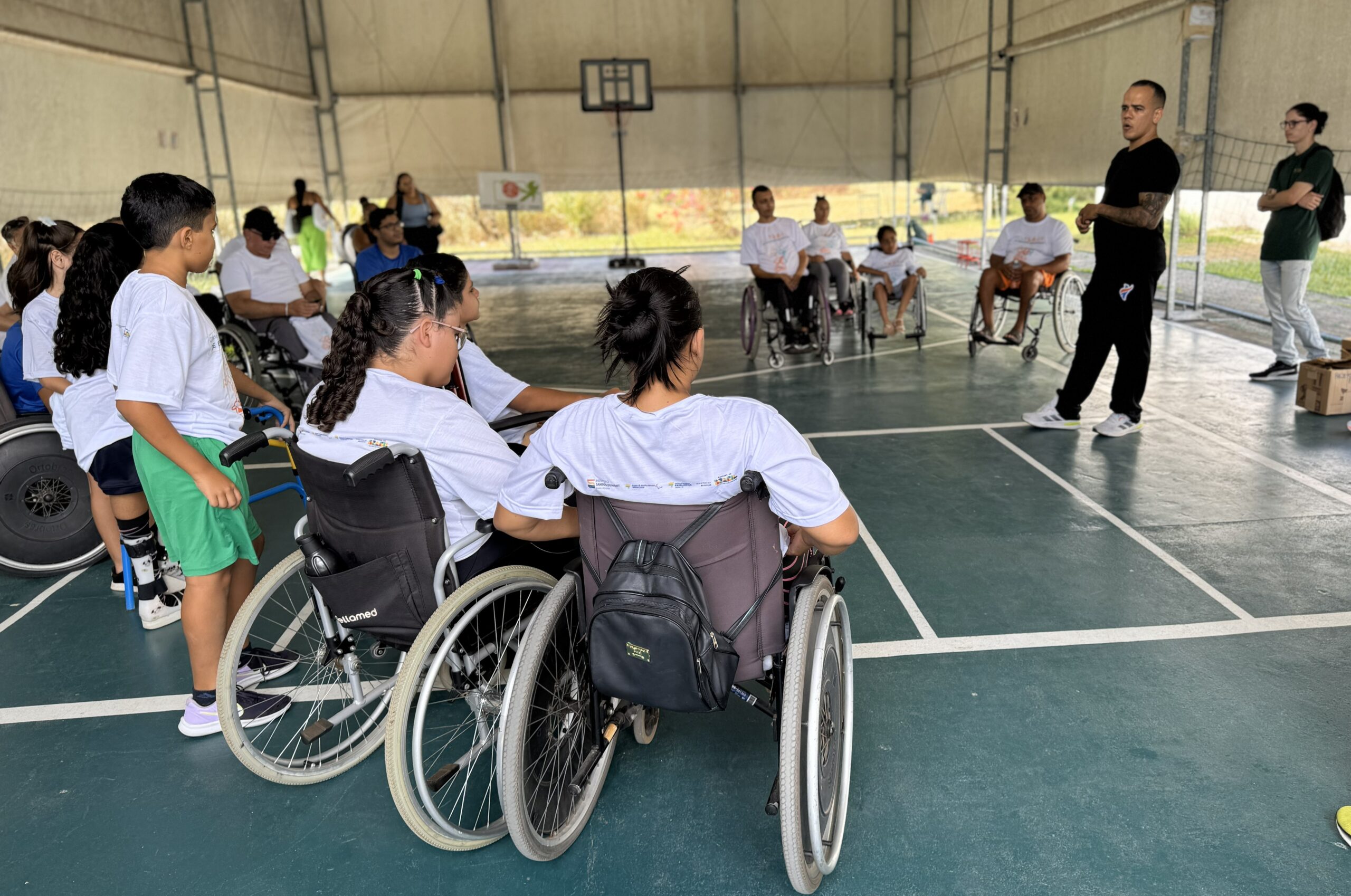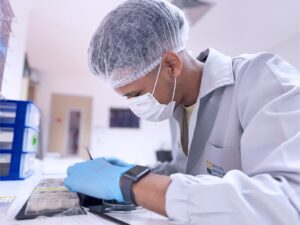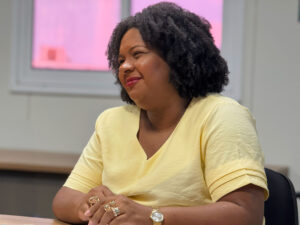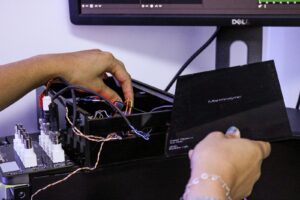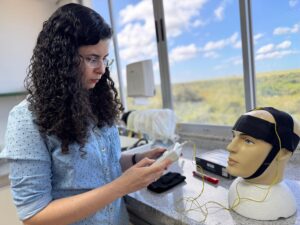The Santos Dumont Institute (ISD) held, on the 6th and 7th of June, the 1st Day of the Care Network for People with Disabilities in Rio Grande do Norte. The event took place at the Edmond and Lily Safra International Institute of Neuroscience (IIN-ELS), in Macaíba, bringing together representatives of the state's Specialized Rehabilitation Centers (CERs), as well as authorities from the Ministry of Health, Ministry of Sports, the State Secretariat of Public Health (Sesap), researchers and students in the health field.
The main objective of the Journey was to strengthen the care network for people with disabilities in the state, through lectures, round tables and presentations of scientific works. During the event, participants discussed rehabilitation strategies, access to health services, public inclusion policies, assistive technologies and the role of parasports in promoting health.
The general coordinator of Health for People with Disabilities at the Ministry of Health, Arthur Medeiros, highlighted the importance of the Journey as a space for network coordination and the exchange of experiences between service providers. “Doing this collective work strengthens institutions and guarantees what we need most, which is the provision of qualified care for people with disabilities in Rio Grande do Norte”, he stated.
Medeiros also gave the event's master class, addressing the functioning of Specialized Rehabilitation Centers and outlining the prospects for expanding the network. Currently, RN has 12 CERs distributed across seven health regions. The general coordinator highlighted that the state was included in the Federal Government's New PAC Health, with another center, which will be built in the municipality of Assú, in the west of Rio Grande do Norte.
“Rio Grande do Norte has a very well designed assistance network for people with disabilities, but there are still points that can be improved. The Journey has an important role because we bring together representatives of the CERs here to talk and understand how we can cover any gaps in assistance, reducing the number of unassisted people”, analyzed Medeiros.
Isadora Lopes, psychologist at the Pau dos Ferros Specialized Rehabilitation Center, located in the Alto Oeste region of Rio Grande do Norte, highlighted the relevance of family-centered debates as a way of improving patient care. “I see that these debates can help in the treatment and rehabilitation of patients who, unfortunately, can only be seen once a week in our center”, he pointed out.
The general director of ISD, Reginaldo Freitas Júnior, stated that the Journey achieved its objective of uniting CERs around improving the quality of life for people with disabilities. He expressed confidence in the positive impact of the discussions held during the event. “These two days were very powerful. Many seeds were planted and I am very convinced that they will germinate and have strong roots, strong branches and will bring fruits and shadows that will boost the guarantee of rights, access to citizenship and respect for human dignity”.
Award-winning works
The programming of the 1st Day of the Care Network for People with Disabilities of Rio Grande do Norte also included space for presentations of scientific works, which covered everything from advances in the care of people with disabilities to social inclusion initiatives.
The works were classified into eight distinct areas. The best in each area were awarded a certificate. An honorable mention was also given to the best work of the event, entitled “Approach to dysphagia in the event 'Much Beyond Parkinson', an experience report”, by the authors Esther Honorato, Melissa dos Santos, Natalia de Sousa Leal and Ana Maria Reis.
About ISD
The Santos Dumont Institute is a Social Organization linked to the Ministry of Education (MEC) and includes the Edmond and Lily Safra International Neuroscience Institute and the Anita Garibaldi Health Education and Research Center, both in Macaíba. ISD's mission is to promote education for life, forming citizens through integrated teaching, research and extension actions, in addition to contributing to a fairer and more humane transformation of Brazilian social reality.



